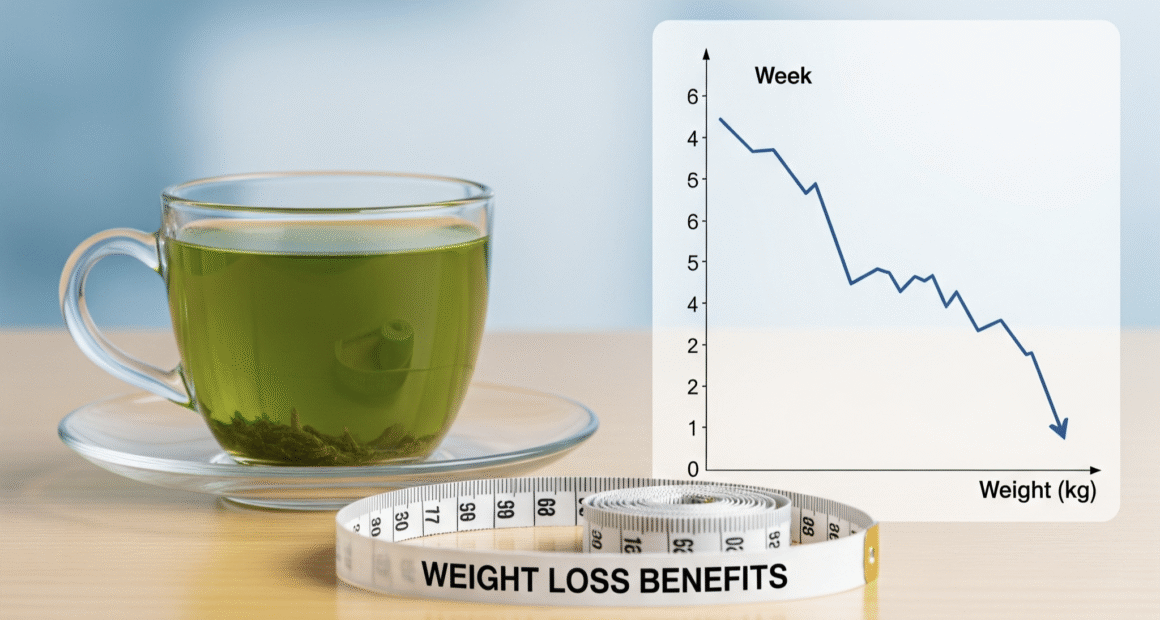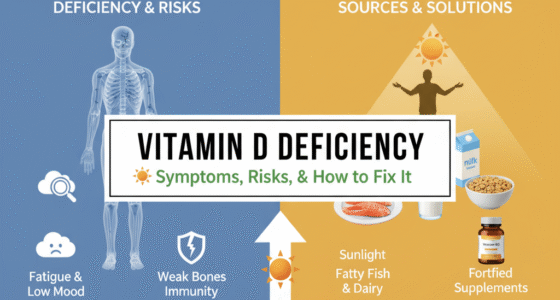Green tea has been praised for centuries as a natural remedy for health and wellness. In 2025, new research continues to examine whether green tea truly helps with weight loss or if its effects are overstated. This detailed review explores the science behind green tea, the role of catechins, metabolism, and practical tips for including it in your diet.
The Science Behind Green Tea and Weight Loss
Green tea contains antioxidants, the most notable being catechins such as EGCG (epigallocatechin gallate). These compounds are linked to fat oxidation, improved metabolism, and appetite control. Studies in 2025 reaffirm that green tea may modestly enhance weight loss, especially when combined with exercise and a calorie-controlled diet.
How Green Tea Affects Metabolism
Metabolism is the rate at which your body burns calories. Green tea’s catechins work by increasing thermogenesis — the body’s process of producing heat. This results in slightly higher calorie burn, which can add up over time. Caffeine in green tea also provides a mild energy boost, further contributing to calorie expenditure.
2025 Research Findings
Recent studies highlight several important findings:
- Green tea may increase daily calorie burn by 80–120 calories in some individuals.
- Regular consumption (2–3 cups daily) supports gradual fat reduction, especially in the abdominal area.
- Green tea extract supplements may enhance fat oxidation during workouts.
- Not everyone experiences the same benefits; genetics and lifestyle factors influence results.
Benefits of Green Tea Beyond Weight Loss
Even if green tea’s weight loss effects are modest, it offers additional health benefits that make it worth adding to your lifestyle:
- Rich in Antioxidants: Protects cells from damage and reduces inflammation.
- Heart Health: May lower LDL cholesterol and improve blood vessel function.
- Brain Health: Caffeine and L-theanine improve focus, alertness, and memory.
- Diabetes Management: Can help regulate blood sugar levels.
Best Ways to Consume Green Tea for Weight Loss
To maximize green tea’s benefits, consider these tips:
- Drink 2–4 cups daily for consistent results.
- Choose high-quality loose-leaf or matcha green tea for higher catechin content.
- Avoid adding sugar or sweeteners that increase calories.
- Pair green tea with a balanced diet and exercise for sustainable weight loss.
Green Tea Extract vs. Regular Tea
Supplements containing green tea extract are more concentrated and may provide faster results. However, they can also increase the risk of side effects like liver stress if taken in high doses. Drinking brewed green tea is safer and provides additional hydration benefits.
Possible Side Effects
While green tea is generally safe, excessive intake can cause issues such as:
- Insomnia due to caffeine content.
- Stomach upset in sensitive individuals.
- Liver concerns with high-dose supplements.
Sticking to moderate daily intake helps avoid these risks.
FAQs About Green Tea and Weight Loss
1. How much green tea should I drink daily for weight loss?
Most studies suggest 2–4 cups per day for noticeable benefits without side effects.
2. Does green tea burn belly fat?
Research indicates it may target abdominal fat more effectively than other areas, but results are modest.
3. Is matcha better than regular green tea?
Yes, matcha contains higher concentrations of catechins and caffeine, making it slightly more effective for metabolism.
Conclusion
Green tea is not a magic weight loss solution, but it can support fat loss as part of a healthy lifestyle. The 2025 studies confirm that green tea enhances metabolism, supports fat oxidation, and offers numerous health benefits. If combined with regular exercise, balanced nutrition, and proper sleep, green tea can be a valuable ally in achieving and maintaining a healthy weight.









